[Party and the man] A third term is just the beginning: Xi Jinping's main challenges
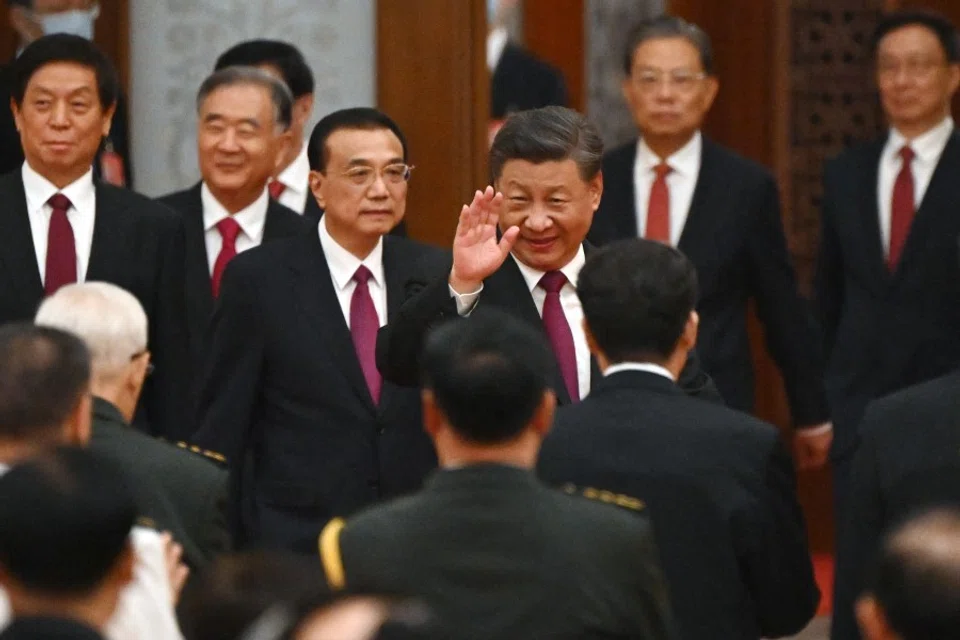
Xi Jinping is often nicknamed "the president of everything". Indeed, he has accumulated much power since he came to power a decade ago. He has reorganised the Chinese Communist Party (CCP) central leadership, moving many responsibilities from the State Council to the party apparatus; he has promoted to key positions many of his former subordinates; he has created multiple CCP-leading small groups that are all chaired by him, some of them having been elevated to the rank of central commission in 2018.
At the same time, he has managed to revise the country's constitution, abolishing the two-term limit for the state presidency. He has succeeded in enshrining his thinking (Xi Jinping Thought) into the party constitution at the previous CCP Congress in 2017. Simultaneously, he has restructured the People's Liberation Army (PLA) and appointed himself "commander-in-chief of the joint battle command centre" of the military.
More importantly, he has gone against two principles laid down by his indirect predecessor, Deng Xiaoping, after Mao Zedong's death and the end of the Cultural Revolution: enhance collective leadership and ban any cult of personality.
Having so successfully consolidated his power, does Xi really face any political challenges?
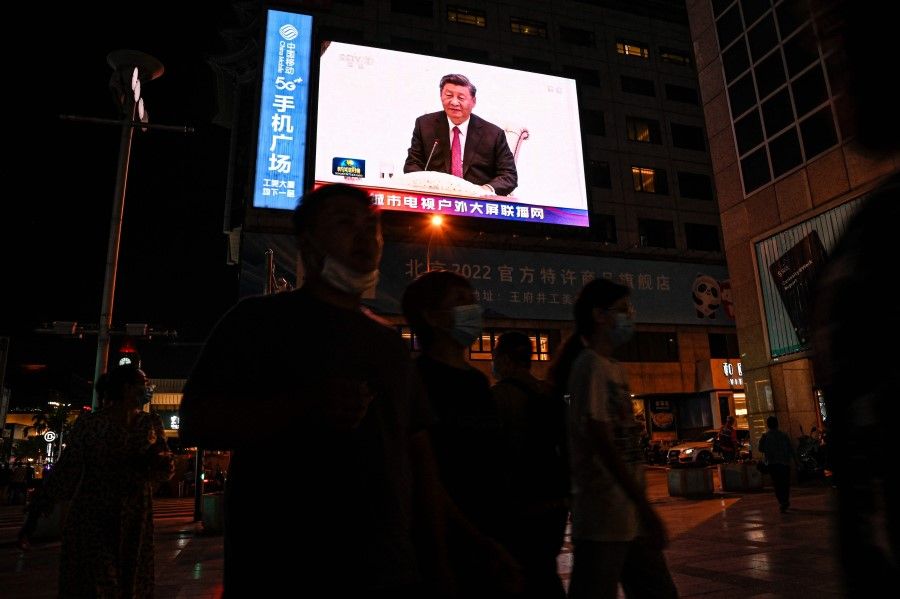
And now, Xi is all but certain to succeed himself as party supremo at the coming 20th CCP Congress due to open on 16 October 2022, most probably elevating Xi Jinping Thought above other mantras of the party doctrine and perhaps resurrecting the title of party chairman (党主席 dang zhuxi), carried by Mao for so many years and abolished by Deng in 1982.
Having so successfully consolidated his power, does Xi really face any political challenges? Yes, he does.
Not invincible
The first and most pressing one is drawing an exit roadmap for the zero-Covid policy he has imposed on the nation. While restrictions to movements and contacts have been gradually relaxed, there seems to be no end to them, with strict limitations being reactivated every time there is a new concentration of Covid-19 cases in a particular part of the empire. The society is getting more and more impatient, aware of the alternative strategies adopted in the rest of the world and turning China into the odd man out, pushing it to lasting isolation.
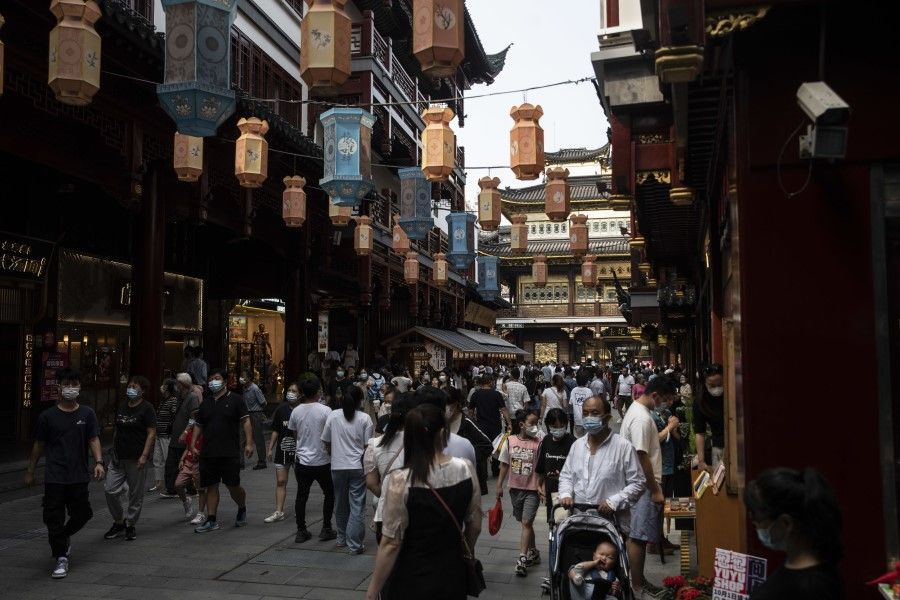
The second challenge is the unprecedented slowdown of the economy. The crisis that the housing sector is facing has percolated to the rest of the economy and financial system, putting pressure on the government to introduce a much more robust stimulus package and create jobs, especially for the millions of university graduates who are unemployed or employed below their real competencies. The international economic recession and inflation are not helping.
Down the road, daunting choices will have to be made if China wants to carry on developing and innovating. In other words, without painful reforms, the middle-income trap may be looming closer for China.
But the only way to mitigate these headwinds is to support and facilitate the expansion of the private sector, not the state-owned enterprises, so as to move in a direction Xi has actively fought against. It is to give more leeway to the most promising sectors of the economy, not to discipline and bring them to heel, as Xi did with Alibaba or Tencent.
This will pose a genuine challenge to the CCP, which does not want private entrepreneurs, the ones that Marx called the "capitalists", to become too powerful and autonomous. Down the road, daunting choices will have to be made if China wants to carry on developing and innovating. In other words, without painful reforms, the middle-income trap may be looming closer for China.
Few friends abroad
The third challenge is international. Xi's assertive foreign policy, his signature wolf warrior diplomacy, his increasing threats to use military force to annex Taiwan in order to achieve the country's so-called rejuvenation - all these moves have contributed to intensifying tensions with the US and its allies and partners in the Indo-Pacific, from Japan to India, and Australia to South Korea. Even the Europeans are now worried.
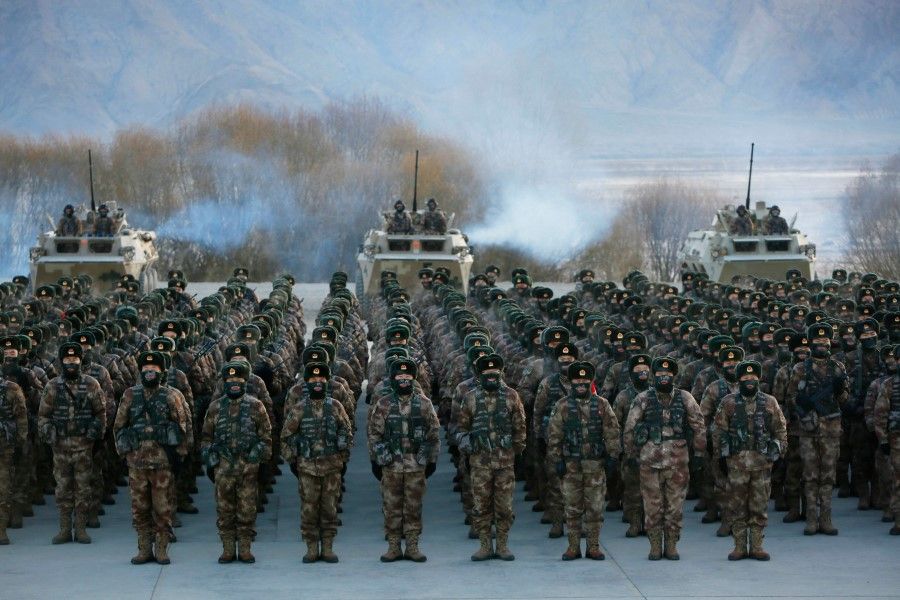
And Russia's invasion of Ukraine, instead of distracting these countries' attention, has convinced them to scrutinise more closely China's stance on this war, its feigned neutrality and its more vocal criticism of NATO as any other US-led alliance.
How much is Xi ready to antagonise the West, while it still wants to get its technologies and welcomes its investments?
True, like many capitals of the global north and global south, Beijing is concerned about the economic consequences of this armed conflict. But it is helping Moscow in increasing substantially oil and gas imports from Russia (at an advantageous price) and has refused to openly criticise Putin's "special operation". The problem is that till today and despite a partial decoupling, China mainly trades with the West, the US, Japan, the EU and Australia in particular. How much is Xi ready to antagonise the West, while it still wants to get its technologies and welcomes its investments?
Finding a compromise?
The three main challenges are sources of debates and frictions in Chinese society, and as a result probably also within the Chinese leadership. An opinion group within the party, and apparently supported by Xi, clearly pushes for strengthening "Fortress China", reviving a policy of isolation (闭关锁国 biguan suoguo) adopted by the Ming and arguing that it did not cause the dynasty's decline. This group believes for instance that China can acquire all the high technology it needs by itself.
Others have harshly criticised this temptation and want to keep the country open. Xi's wolf warrior diplomacy and his forceful reaction to US House of Representative Speaker Nancy Pelosi's visit to Taiwan in early August have also been under attack as counterproductive. Likewise, the role of private enterprises and the zero-Covid policy have become more divisive issues.
... Xi will have to compromise and adopt a middle-of-the road strategy on these issues if he wants to guarantee his third term and well prepare his future succession.
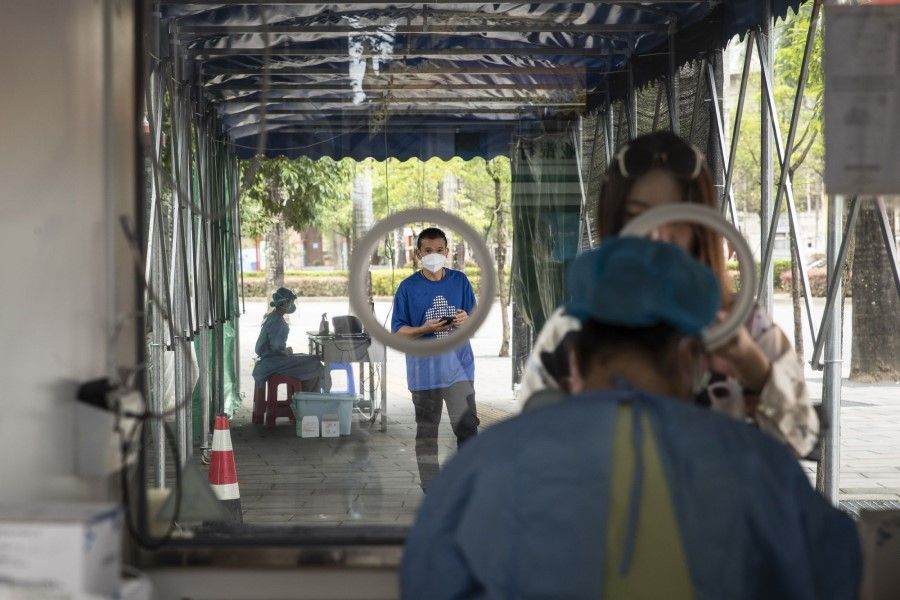
My hunch is that Xi will have to compromise and adopt a middle-of-the road strategy on these issues if he wants to guarantee his third term and well prepare his future succession. We don't know yet who will be promoted in the Politburo and its seven-member Standing Committee. But I would be surprised if other party factions, especially Jiang Zemin's and Hu Jintao's, are not represented there: 67-year-old Li Keqiang may stay on as National People's Congress president, as would 67-year-old Chinese People's Political Consultative Conference chair Wang Yang; promoted by Hu Jintao, 59-year-old sixth generation leader Hu Chunhua may succeed Li as premier, while Xi's faction members 60-year-old Ding Xuexiang, 62-year-old Chen Min'er and perhaps 63-year-old Li Qiang would also probably join the CCP's sanctum sanctorum.
In return, Xi will be able to promote Xi Jinping Thought and secure his supreme status, at least until the next party congress in 2027. However, having antagonised many of his colleagues, Xi's succession is far from being institutionalised and we need to be psychologically prepared for some unforeseen surprises.
In the meantime, battles on the above-mentioned issues and other questions will continue. If there is one consensus in the CCP leadership today, it is that China is now navigating on rougher seas and to stay the course, it needs a strong helmsman, yet a helmsman that is more ready to listen to his crew than before. Will Xi be inclined to do that? As was the case with the enlightened emperors of yesteryears, Xi's future may very well depend upon his ability to take on board his faithful ministers' advice and remonstrations.
Related: [Future of China] Xi Jinping and the world: Retrospect and prospect | [Party and the man] Factions and fence-sitters in Xi Jinping's China | [Party and the man] Xi Jinping faces biggest challenges in decades | [Future of China] Chinese youth under Xi Jinping's Red Flag: Political participation as a route to riches
